Molecular Diagnostics
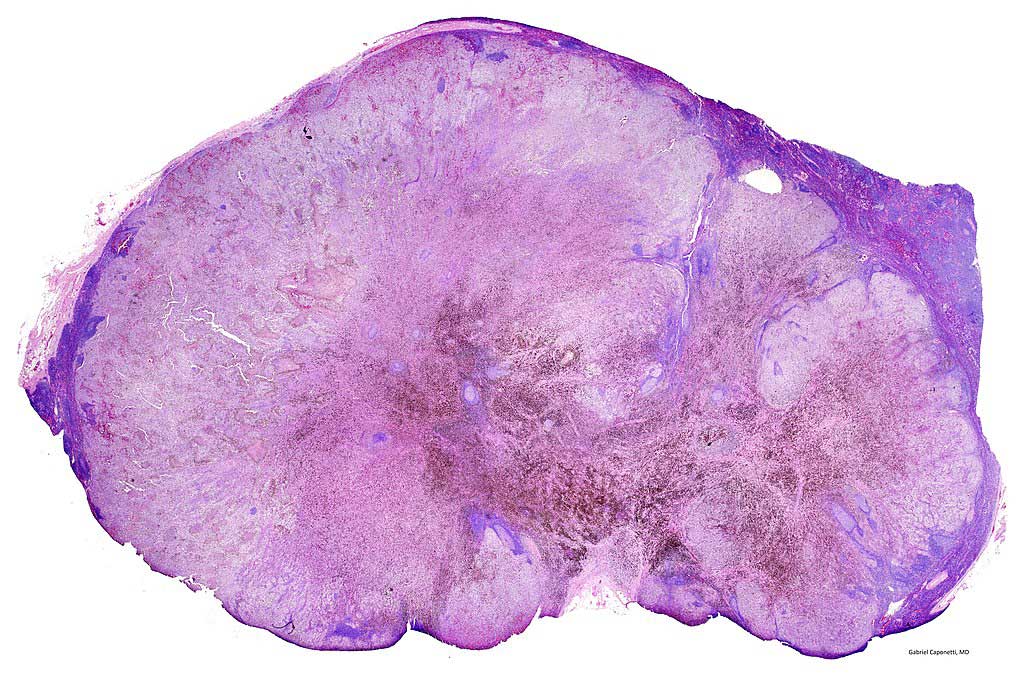
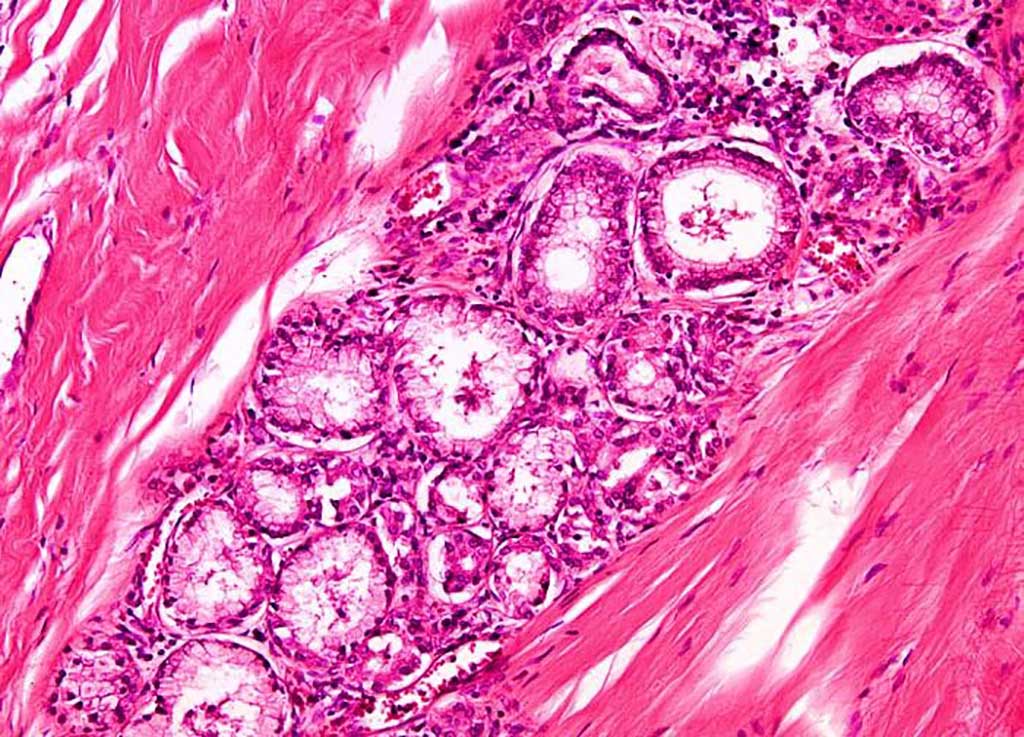
Lung Adenocarcinoma Genomic Features Differ in East Asians, Europeans
Lung adenocarcinoma is a subtype of non-small cell lung cancer (NSCLC). Lung adenocarcinoma is categorized as such by how the cancer cells look under a microscope. Lung adenocarcinoma starts in glandular cells, which secrete substances such as mucus, and tends to develop in smaller airways, such as alveoli. More...18 Feb 2020

Autonomous Microchannel Analyzer Combines with Smartphone for Off-Site Disease Diagnostics
A novel microchannel capillary flow assay platform for detection of pathogenic microorganisms or other antigens combines with a smartphone for display, data transfer, storage, and analysis. More...18 Feb 2020
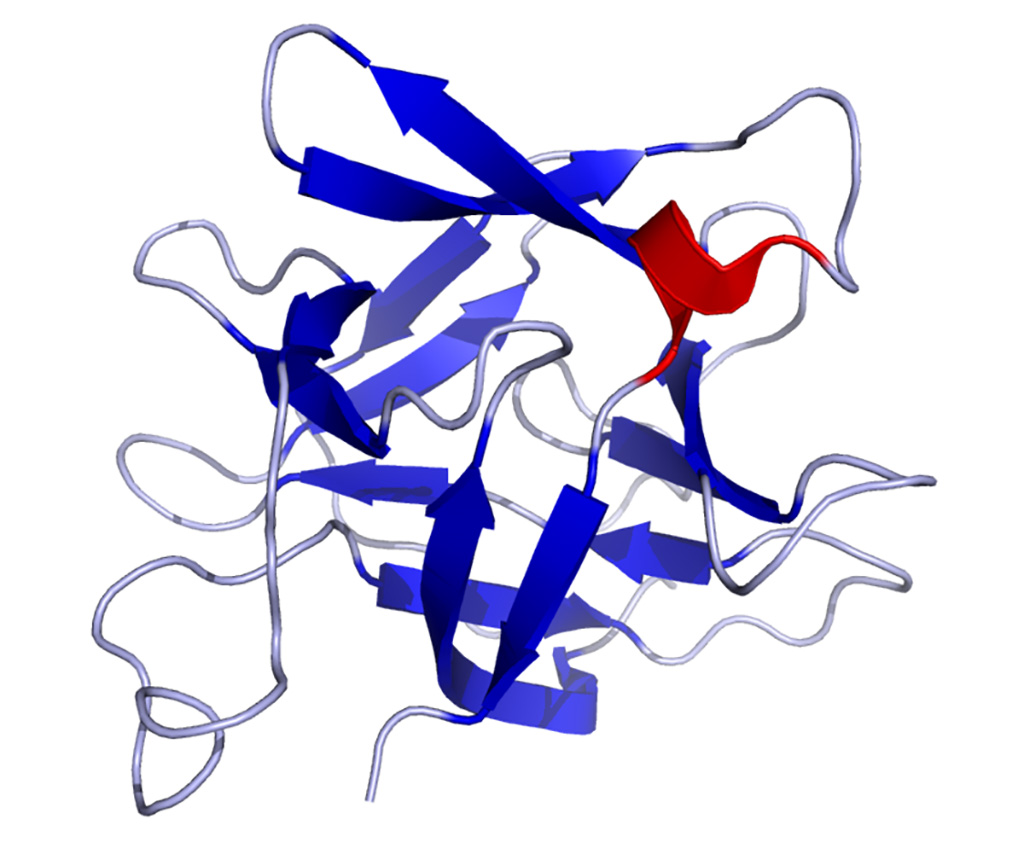
Protein Panel Predicts Risk for Development of Cerebral Small Vessel Disease
A network of six inflammatory biomarkers centered on interleukin-18 (IL-18) is able to predict risk for development of cerebral small vessel disease (CSVD), a brain disease currently diagnosed by MRI (magnetic resonance imaging) scan. More...17 Feb 2020
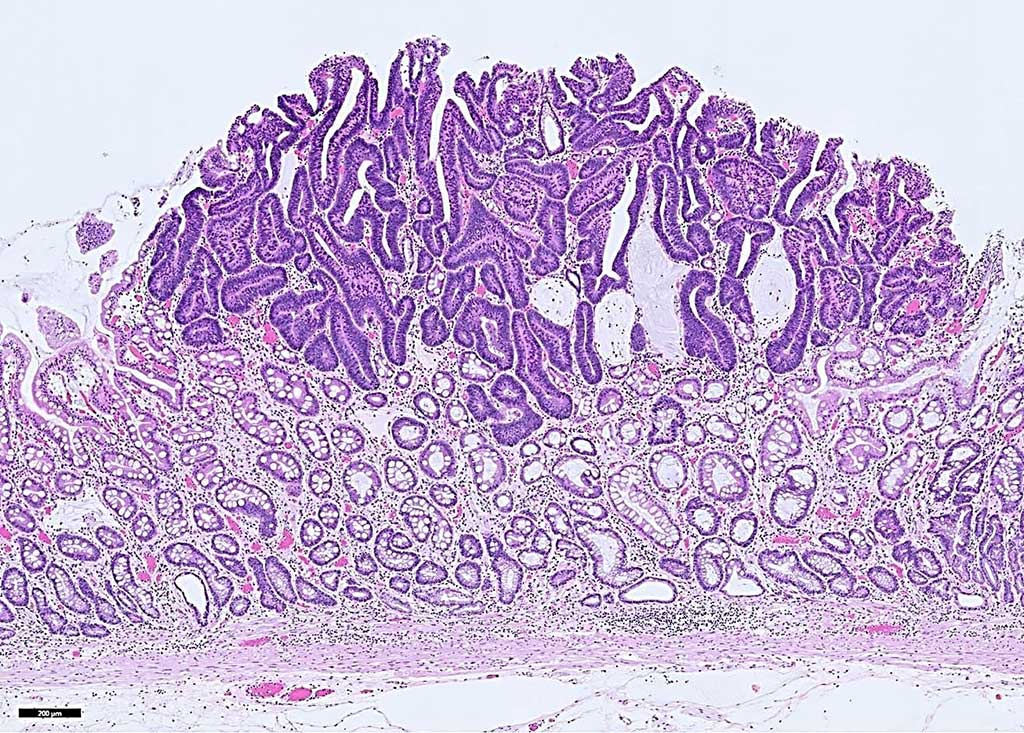
Blood Test Lead to Earlier Detection of Gastrointestinal Cancers
Gastrointestinal cancer refers to malignant conditions of the gastrointestinal tract (GI tract) and accessory organs of digestion, including the esophagus, stomach, biliary system, pancreas, small intestine, large intestine, rectum and anus. More...13 Feb 2020
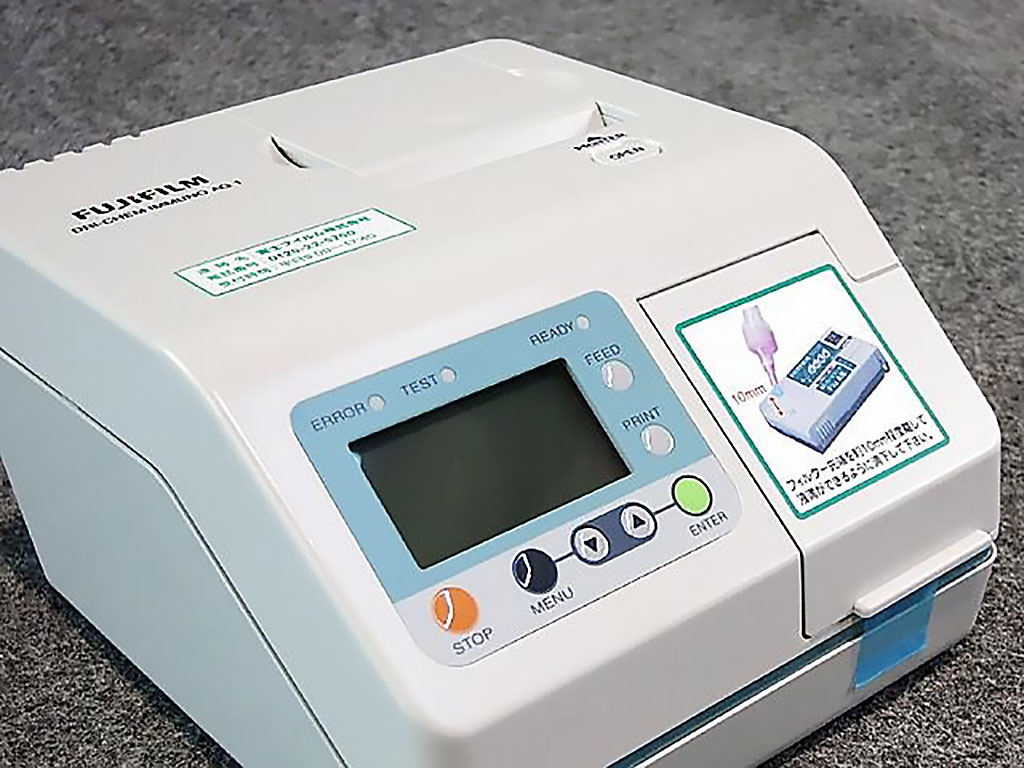
Rapid Antigenic Diagnostic Test Validated for Ebola Virus Disease
Hemorrhagic fever outbreaks are difficult to diagnose and control in part because of a lack of low-cost and easily accessible diagnostic structures in countries where etiologic agents are present. Initial clinical symptoms are common and shared with other endemic diseases such as malaria or typhoid fever. More...13 Feb 2020
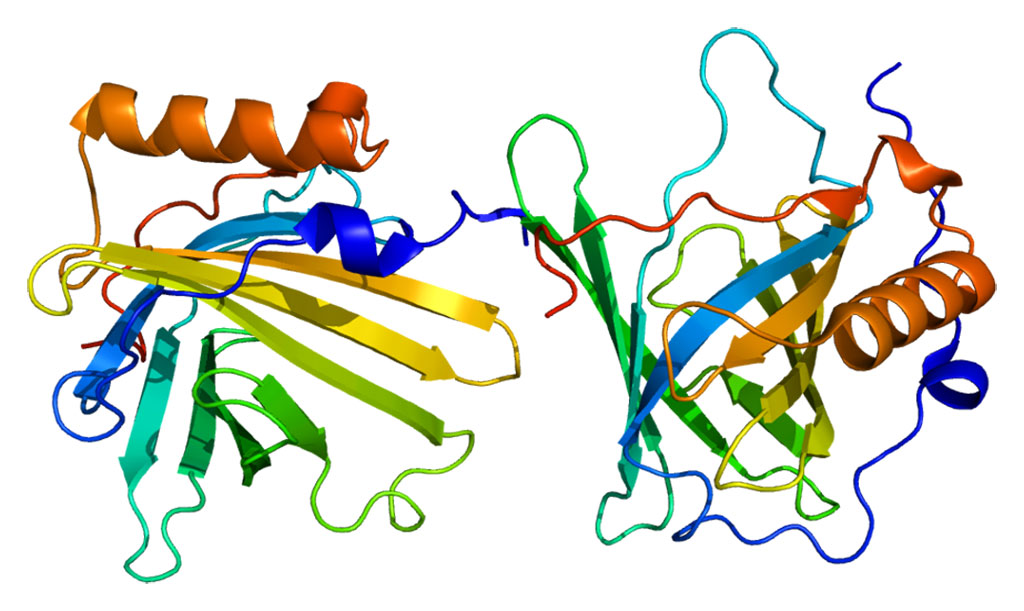
In Other News
CDC Provides Test Protocol for Novel Coronavirus
Lung Cancer Liquid Biopsy Guides MRD-Directed Adjuvant Therapy
Detection of Pathogenic Microorganisms in Semen by Sequencing Sperm RNA
Single-Cell Sequencing Identifies Breast Cancer Risk
Novel Enrichment Technology Indicates High Performance for Multi-Cancer Detection
Liquid Biopsy Predicts Prognosis of Gastric Cancer Following Chemotherapy or Surgery
Heart Transplant Monitoring Test Validated
Real-Time PCR Developed for Eumycetoma Diagnosis
Technique Predicts Cancer Recurrence Risk for Melanoma Patients
Loop-Mediated Isothermal Amplification Discriminates Yaws Bacterium
Urinary Metabolite GWAS Leads to Biomarkers of Kidney Disease
Blood Test Measuring anti-Müllerian Hormone Predicts Time to a Woman’s Final Menstrual Period
A Needle Biopsy-based Proteogenomics Approach for Cancer Diagnosis
Proteinuria After Acute Kidney Injury Predicts Development of Progressive Disease
Large Number of Genes Linked to Risk of Developing Autism Spectrum Disorder
Multivariable Diagnostic Prediction Score Validated for Leptospirosis
Homologous Recombination Defects Prevalent in African-American Cancer Patients
Siemens Healthineers Introduces Autoanalyzer Assay for Monitoring Fentanyl Usage
Genetic Risk Score Detects Glaucoma and Predicts Progression of the Disease
Bone Marrow Donors May Transfer Pathogenic Mutations to Patients
Identification of Rickettsial Biomarker Facilitates Early Diagnosis of Tick-borne Spotted Fevers
Genetic Biomarkers Detect Incipient Tuberculosis, Predict Progression of the Disease
Mutation Present in Genome of Some Asthma Patients Is Responsible for Resistance to Glucocorticoid Treatment
Genetic Testing channel of LabMedica brings the latest in molecular genetics, cytogenetics, and epigenetics, and methods from PCR to FISH, and more.










